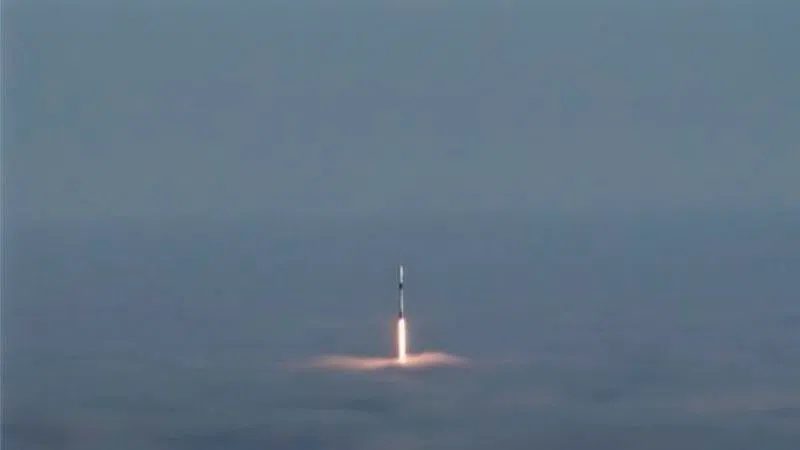
Military looks to guard satellites from ‘natural and artificial threats’
OTTAWA — Canadian satellites need to be protected from “natural and artificial threats” in space, says the federal government in a call for new ideas and technology to help.
In a tender released Friday, the government identifies natural threats like solar weather and space debris, but also talks about human-driven dangers like cyberattacks, signal-jamming, disabling satellites using lasers and anti-satellite missiles.
The request, titled “Shields up!”, calls for proposals of concepts, designs and prototypes to guard against the whole range of threats.
And the government is offering up to $200,000 for a contract related to the request, while noting that multiple contracts might eventually be awarded.
